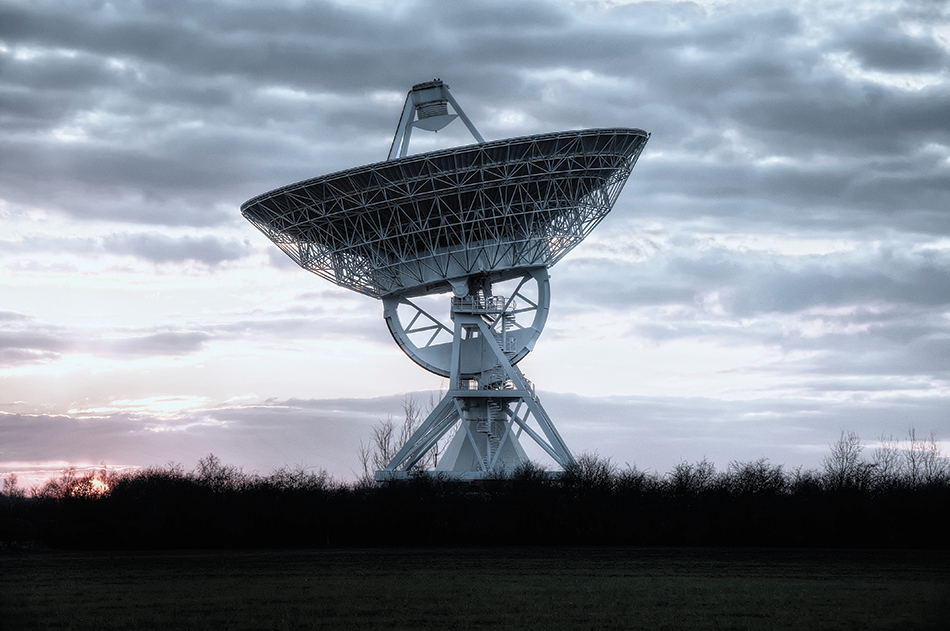FCC's C-Band Auction Ends on $80,916,832,754 High Note
Proves to be most lucrative FCC spectrum auction, by a lot

The smarter way to stay on top of the multichannel video marketplace. Sign up below.
You are now subscribed
Your newsletter sign-up was successful
The clock phase of the FCC's C-Band auction has closed after 97 rounds, with gross proceeds totaling $80,916,832,754.
The average bid price per MHz-pop was $0.9423, over four times the $0.2169 per MHz-pop in the 2020 CBRS auction, according to the Wiley law firm, and on par with the 0.93 wireless companies paid for spectrum in the broadcast incentive auction.
There were 57 bidders on a total of 5684 licenses, all of which sold.
The FCC had boosted the number of rounds to six and cut the duration from a half hour to 20 minutes Wednesday (Jan. 13) to speed the close after the bid increases had slowed last week to a few million dollars per round, with only a relative handful of licenses still being competed for, after topping $4 billion bidding increases per round during the height of the bidding last month.
Also Read: Divided FCC Votes to Proceed with C-Band Auction
The auction, the largest-ever auction of midband spectrum, began Dec. 8 and ended with a bidding record almost double the previous record-holder, the FCC's 2014 AWS-3 auction, which drew $44,899,451,600 in gross proceeds.
The C-Band Alliance predicted that the spectrum could bring upwards of $75 billion.
The smarter way to stay on top of the multichannel video marketplace. Sign up below.
“This historic FCC auction is already a record-breaking success. Bidders have won all of the 5,684 spectrum blocks that were up for bid. And gross proceeds have exceeded $80.9 billion, shattering the prior FCC auction record of $44.9 billion," said FCC Chairman Ajit Pai.
“These results represent a strong endorsement by the private sector of the service rules and transition plan put in place by the FCC to quickly make the C-band a critical part of 5G rollout in the United States," he said. "And they vindicate the hard choices the FCC made during the C-band proceeding—and that we made them in the first instance. The FCC confronted a host of technical, legal, practical, and political challenges in structuring this auction. It would have been easy to delay. But we rightly pushed ahead and overcame every one of those obstacles. As a result, we significantly advanced United States leadership in 5G and have enabled America’s wireless consumers to more quickly benefit from 5G services."
The FCC voted last February to free up 300 MHz of C-Band (3.7-4.2 GHz) satellite spectrum for terrestrial 5G broadband, 280 of that to be auctioned and 20 MHz to be used as a guard band between wireless users and the incumbent satellite operators that are being relocated to the remaining upper 200 MHz to continue to deliver network programming to broadcasters and cable operators (and other) clients, and to relay video from the field to the studio.
The first phase of that repack is scheduled to conclude by December 2021.
In outlining the FCC's spectrum actions under FCC Chairman Ajit Pai in a presentation at Pai's last meeting Jan. 13, Donald Stockdale, chief of the Wireless Telecommunications Bureau, pointed out that it was the first time the FCC tried to repurpose satellite spectrum jointly controlled by several operators.
Also Read: FCC Opens Window for Updated C-Band Transition Plans
The result, he said, was "by far the most lucrative auction ever."
Bidders in the auction included AT&T, Cellco Partnership, Cox, T-Mobile, and United States Cellular.
The FCC will now hold a second, follow-on auction among the winners of the spectrum licenses who want specific frequencies.
“This record-breaking spectrum auction demonstrates the wireless industry’s commitment to leading the emerging 5G economy and underscores the importance of developing a robust pipeline of spectrum auctions," said CTIA, the wireless association.
“In retrospect it’s hard to believe that the GOP majority at the FCC came so close to authorizing a private auction that would have allowed the incumbent satellite operators to pocket this $80 billion as a windfall in addition to the $9.7 billion in so-called incentive payments that the winning bidders still need to pay them," said Michael Calabrese of New America. "Sen. [John] Kennedy [R-La.] and leading Democrats on the Commerce Committees deserve enormous thanks for their persistent and ultimately successful effort to derail that effort and ensure that this revenue goes back to the public who, after all, own the airwaves.”
Contributing editor John Eggerton has been an editor and/or writer on media regulation, legislation and policy for over four decades, including covering the FCC, FTC, Congress, the major media trade associations, and the federal courts. In addition to Multichannel News and Broadcasting + Cable, his work has appeared in Radio World, TV Technology, TV Fax, This Week in Consumer Electronics, Variety and the Encyclopedia Britannica.

